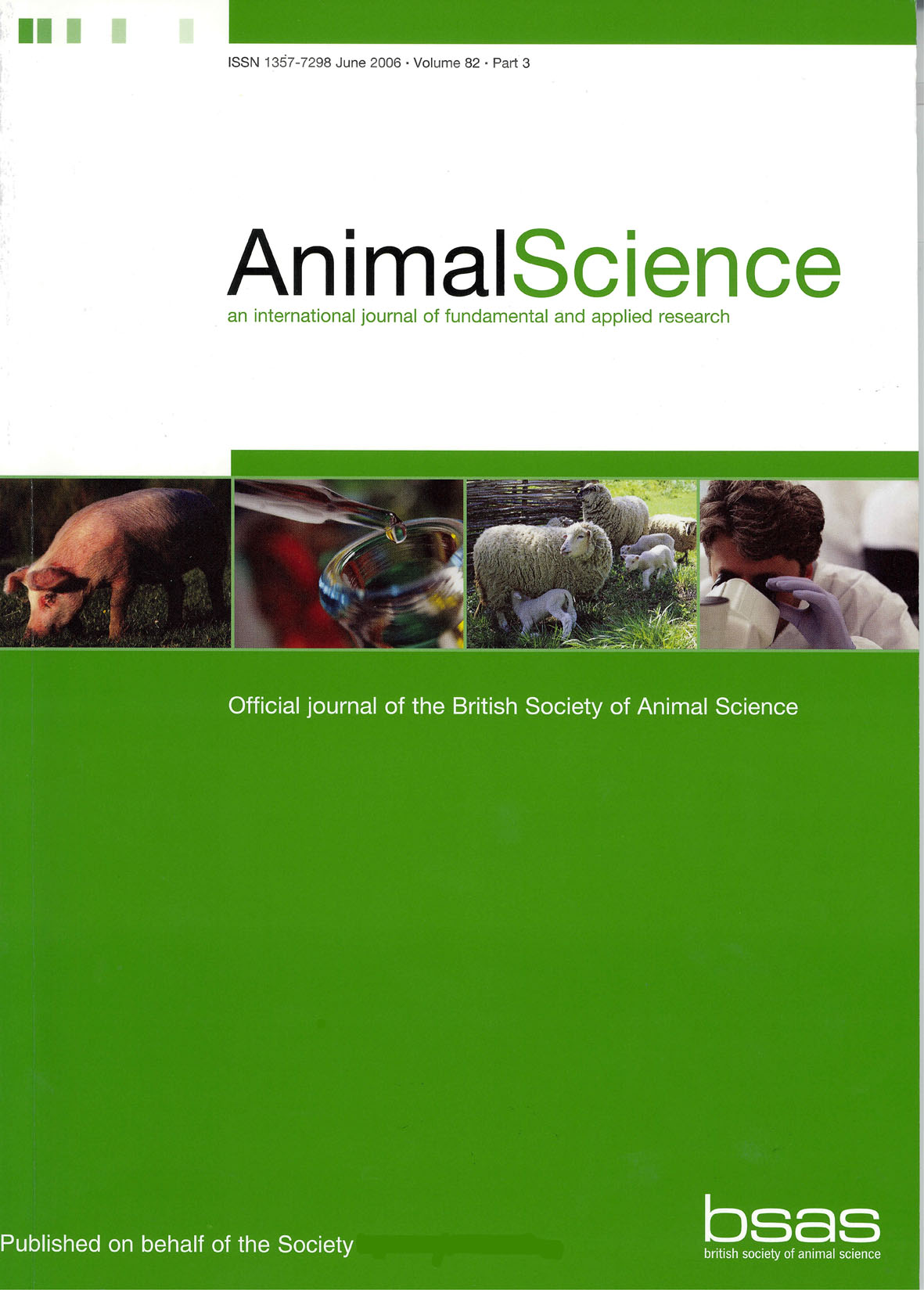No CrossRef data available.
Article contents
Approaches to the ethical evaluation of animal biotechnologies
Published online by Cambridge University Press: 25 May 2016
Abstract
The paper explores a scheme for the ethical evaluation of animal biotechnologies, exemplified by animal transgenesis. It begins with an overview of prominent ethical theories (deontological and consequentialist) and proceeds to apply them to four ethical principles, viz. autonomy, justice, non-maleficence and beneficence, in relation to the interests of the treated animals and of different groups of people affected by the technology. Evaluation is facilitated by use of a schematic device — an ‘ethical grid’. The importance of public education and attitudes to biotechnology is illustrated by reference to recent public opinion surveys in the European Community. The paper concludes with a discussion of the impact of future trends in global population, food resources and environmental change, which emphasizes the need for a reappraisal of priorities in animal production systems. It is suggested that attempts to eradicate hunger, to improve animal welfare and to devise sustainable agricultural systems will be facilitated by greater investment in the emerging academic field of agricultural bioethics.
- Type
- Research Article
- Information
- Copyright
- Copyright © British Society of Animal Science 1993


